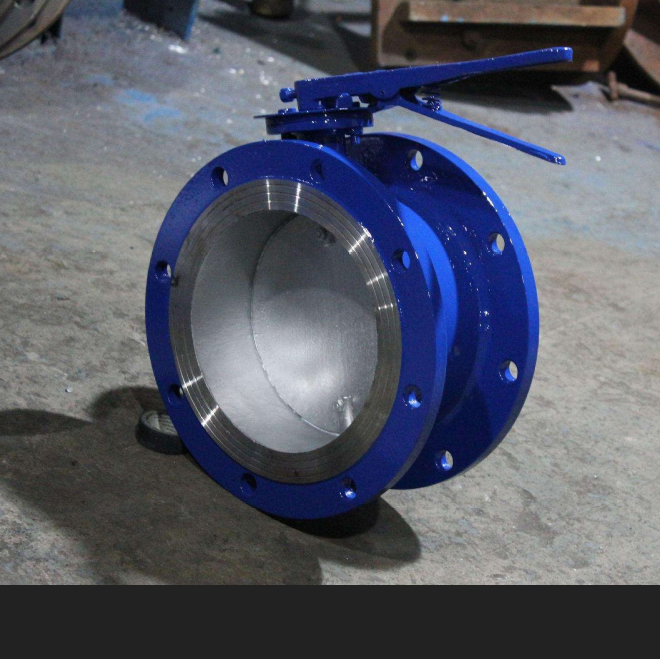Oct . 13, 2024 15:31 Back to list
Understanding the Function and Importance of Water Valve Systems in Plumbing
The Importance of Valve Water Management in Modern Infrastructure
Water management plays a crucial role in our daily lives, and central to this process is the often-overlooked valve system. Valves are essential components in a variety of systems, including plumbing, irrigation, and industrial applications. Their primary function is to control the flow and pressure of liquids—most commonly water—through pipes. Understanding the significance of valve water management is key to ensuring both efficiency and sustainability in our water usage.
Understanding Valves and Their Functions
At its core, a valve is a device that regulates, directs, or controls the flow of liquid—specifically water in many applications. These devices can be manually operated or automated, and they come in various types; including gate valves, globe valves, ball valves, and check valves. Each type serves a specific purpose
1. Gate Valves These are typically used to allow or stop the flow of water. They are ideal for applications where a straight-line flow of fluid with minimal restriction is necessary. 2. Globe Valves Known for their great throttling capabilities, globe valves can effectively control flow rates. They are useful in applications where the precise regulation of flow is critical.
3. Ball Valves These provide a quick shut-off capability and are often employed in applications where space is limited, but fast operation is necessary.
4. Check Valves Designed to prevent backflow, check valves are critical in maintaining the integrity of water systems by ensuring that water flows in one direction only.
The Role of Valve Water Management
Effective valve water management is vital for numerous reasons
. First and foremost, it enhances the efficiency of water systems. Properly functioning valves can minimize leaks and reduce water wastage, which is increasingly important as global water scarcity becomes a pressing issue. By employing advanced technology, such as automated valve systems, municipalities and industries can better monitor and control water supply and distribution.Moreover, valve management plays a significant role in maintaining water quality. For instance, improper valve regulation can lead to stagnant water, which can develop into a breeding ground for harmful bacteria. By ensuring that water is consistently moving through systems, the risk of contamination diminishes significantly.
valve water

In industrial settings, the efficient management of valves is directly related to operational costs. Water is often one of the most significant expenditures for manufacturing plants and facilities. Implementing automated valve management systems can not only save water but also reduce energy consumption, thereby lowering costs.
Innovations in Valve Technology
Recent advancements in technology have transformed the landscape of valve water management. Smart valves equipped with sensors and IoT (Internet of Things) capabilities enable real-time monitoring and control. These innovations help in identifying leaks and inefficiencies promptly, allowing for immediate corrective measures. More than just reactive solutions, these technologies facilitate predictive maintenance, which can prevent issues before they escalate into costly repairs.
Furthermore, the integration of artificial intelligence (AI) into valve management systems presents exciting possibilities. AI algorithms can analyze data trends, optimize flow rates, and even automate decision-making processes to enhance overall system performance. As cities and industries continue to grow, the adaptability and intelligence of these systems will be crucial in managing increasingly complex water networks.
Sustainability and Future Directions
With climate change amplifying the urgency for sustainable water management practices, the importance of efficient valve systems cannot be overstated. As water scarcity becomes more widespread, investing in smart valve technology and robust water management practices will be essential for cities and industries aiming to meet the demands of the 21st century.
Educational initiatives aimed at raising awareness about the importance of valve water management among engineers, city planners, and even the general public will further bolster sustainable practices. By understanding how valves function and their critical role in water distribution systems, stakeholders can make more informed decisions that promote water conservation.
Conclusion
In conclusion, valve water management is a crucial aspect of modern infrastructure that warrants attention. As technology continues to evolve, embracing innovations in valve systems will be key to enhancing efficiency, sustainability, and water quality. The responsible management of water through effective valve systems can mitigate the impacts of water scarcity, ensuring that this essential resource remains available for future generations.
-
Why Metric Trapezoidal Thread is Ideal for Precision Motion ControlNewsAug.05,2025
-
The Unique Properties of a Block of Granite for Industrial UseNewsAug.05,2025
-
The Role of Flanged Y Strainers in Preventing Pipeline ClogsNewsAug.05,2025
-
The Importance of Regular Calibration for Master Ring GagesNewsAug.05,2025
-
How a Cast Iron Surface Table Enhances Accuracy in ManufacturingNewsAug.05,2025
-
Comparing Different Check Valve Types for Optimal Flow ControlNewsAug.05,2025
Related PRODUCTS









